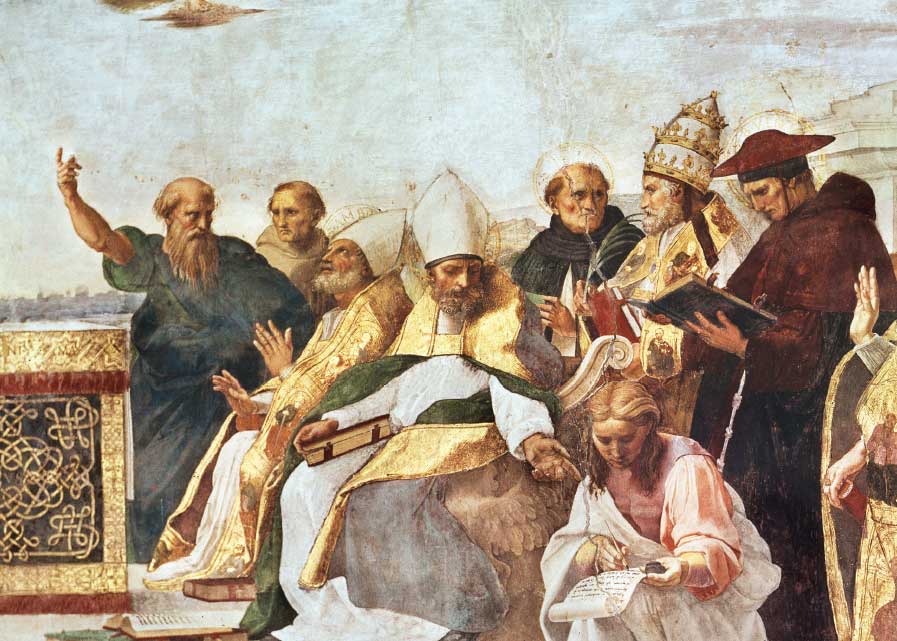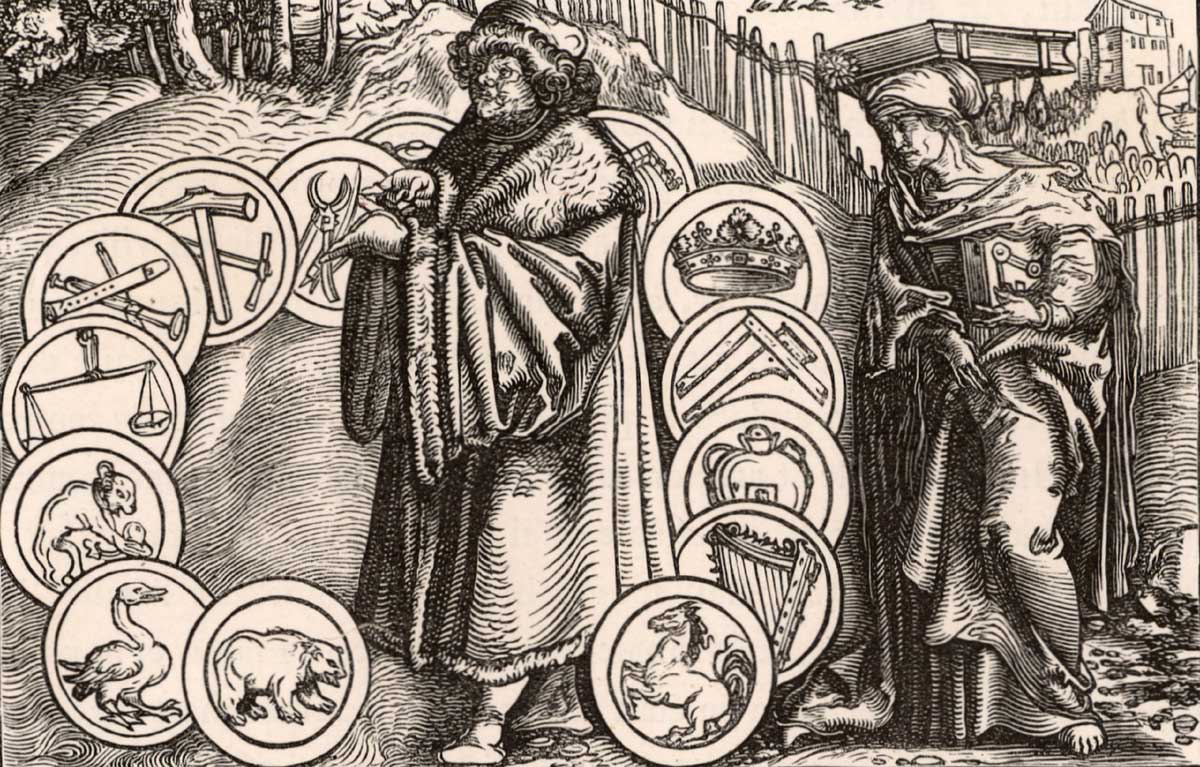The Mystery of Evil
In the aftermath of September 11, the word evil has reappeared in public discourse, but often without a clear understanding of what the word means. There are at least three ways of understanding evil, which is the most intractable mystery of the universe.
Historically, perhaps the earliest of these is dualism. The universe is divided into two kingdoms, one of good, the other of evil, which are perpetually at war with one another. Each is ruled by some kind of divinity, and the end of history will be the final separation of the two, when they will cease to have any relation to each other.
A second theory holds evil to be an illusion. Thus, the pain of physical suffering, of personal loss, of the frustration of one’s desires, all evaporate if one cultivates the appropriate spirit of detachment. Evil is an illusion because the good of which it is a negation is itself an illusion. The goal of existence is to get beyond the possibility of desiring anything.
The third theory is the Christian idea that evil is nothingness. It differs from the first in that it does not concede evil an equal place with good and from the second because it affirms the goodness of the world, the loss of which is evil. It does not declare, for example, that losing a loved one is insignificant because human attachments are illusory. Rather, it affirms the good of the universe and defines evil as the privation of that good. Death is evil because it is the loss of life, illness because it is the loss of health, adultery because it is the loss of love and trust.
Some Christians find this theory incredible but only, I suspect, because they have not bothered to think much about it. Theologians came to this view of evil because of their realization that an all-good God could not create evil; hence, evil cannot really exist. “God saw everything that he had made, and, behold, it was very good” (Genesis 1:31).
Some Christians misunderstand what is meant by calling evil “nothingness.” They fear that the concept will induce complacency in people who think they have nothing to be concerned about. But in the physical world the vacuum (or what physicists call “black holes”) show that nothingness is not without a perverse kind of power. So also, various kinds of deprivation—of food, water, air—are powerfully destructive, although the deprivations are not anything in themselves. Recognizing evil as nothingness need not make one complacent. The absence of food makes one anxious (and highly motivated to find food). One drives very carefully on a mountain road where the shoulder has disappeared.
The existence of the personal devil at first seems to contradict this. But the nature of Satan’s evil is precisely that which he lost by his rebellion against God, by his great “No!” and he seeks to entice human beings into giving up these same goods. He has nothing real to offer. He traffics in illusions.
Hell—eternal punishment for evil—is primarily a state of profound loss, of ultimate nothingness. But it is also a place of eternal fire, something that exists only by consuming other things in its unceasing drive to reduce everything to nothing.
Christians today are ill-equipped to confront evil in its numerous forms precisely because they have lost this understanding of evil as negation. They cannot look into that black hole because it is too horrifying. They prefer to believe that what has traditionally been called evil (a word many would not even allow themselves to use) is merely a mistake, a failure of understanding, a misguided sense of good.
Thirty years ago there were experiments in recasting the Ten Commandments in “positive” forms—urging people to do good instead of forbidding them to do evil. The experiment failed for a number of reasons, not least because deep down most people do have an inchoate sense of evil and realize that, for example, the injunction to “respect human life” does not get to the same reality as “thou shalt not kill.”
The mystery of evil lies in the fact that there is something in human nature (as in the angelic nature of Satan) that makes nothingness attractive, the moral equivalent of the urge some people feel, when standing atop a high building, to throw themselves off.
James Hitchcock is Professor emeritus of History at St. Louis University in St. Louis. He and his late wife Helen have four daughters. His most recent book is the two-volume work, The Supreme Court and Religion in American Life (Princeton University Press, 2004). He is a senior editor of Touchstone.
subscription options
Order
Print/Online Subscription

Get six issues (one year) of Touchstone PLUS full online access including pdf downloads for only $39.95. That's only $3.34 per month!
Order
Online Only
Subscription

Get a one-year full-access subscription to the Touchstone online archives for only $19.95. That's only $1.66 per month!
bulk subscriptions
Order Touchstone subscriptions in bulk and save $10 per sub! Each subscription includes 6 issues of Touchstone plus full online access to touchstonemag.com—including archives, videos, and pdf downloads of recent issues for only $29.95 each! Great for churches or study groups.
Transactions will be processed on a secure server.
more from the online archives
calling all readers
Please Donate
"There are magazines worth reading but few worth saving . . . Touchstone is just such a magazine."
—Alice von Hildebrand
"Here we do not concede one square millimeter of territory to falsehood, folly, contemporary sentimentality, or fashion. We speak the truth, and let God be our judge. . . . Touchstone is the one committedly Christian conservative journal."
—Anthony Esolen, Touchstone senior editor









